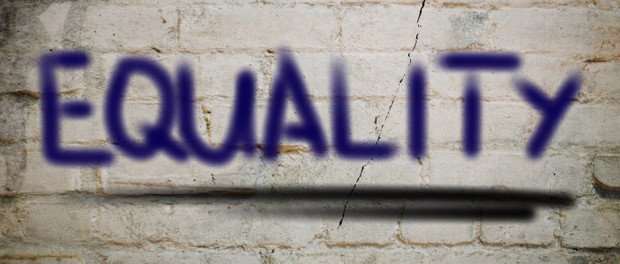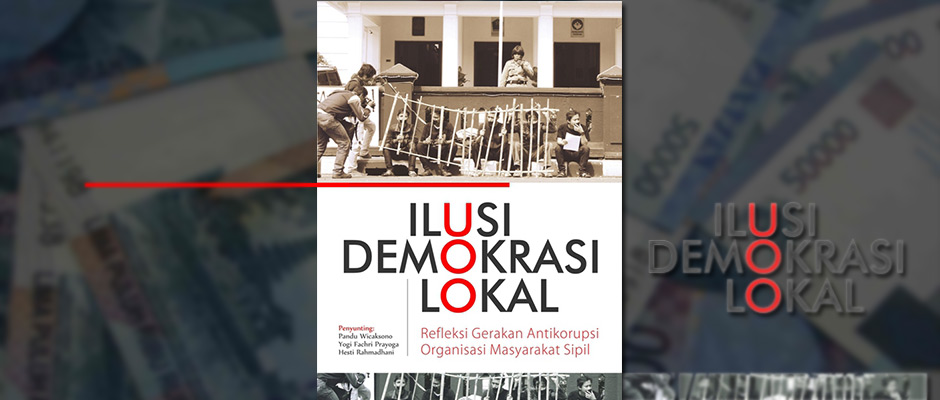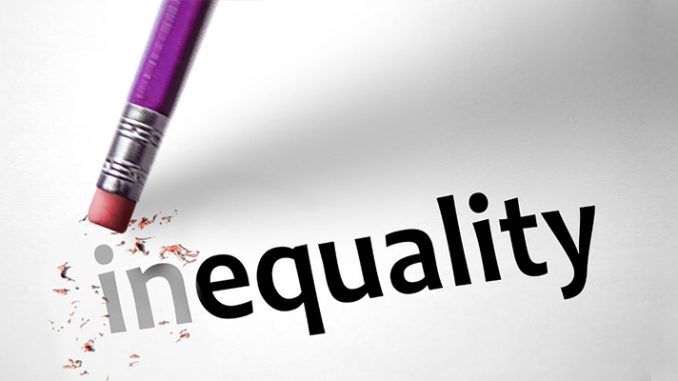
Rising inequality worldwide has directed new focus to the classic political economy question concerning the relationship between democratization, or political regime change, and inequality.
But despite a rather dramatic rise of social and political conflicts in the region the last 8-10 years or so, along with fast rising or persistent high levels of inequality in most countries of the region, it is a field that has acquired surprisingly little scholarly attention. Indeed, while some of the international organisations have identified rising inequality as one of the main threats to Asian peace, security, political stability and continued development, there has so far been little systematic research.
Same same or different?
In several Asian countries, decades of authoritarian growth politics has severely limited the possibilities for societal actors to carve out political space for their organisational activities in this field – through the organisation of independent trade unions or other organisations with redistributive aims. But this is changing. In several of the recent cases where actors have opted to take their demands to the streets, redistributive issues and perceptions of different forms of inequality have been central concerns to protestors. Many organisations involved in mobilisation have identified that political and economic inequalities are mutually reinforcing, and that one of the answers to increase possibilities to redress their grievances is through democratic change. Other cases indicate that while inequalities may be extremely high it may not be central to pro-democracy forces. Yet other cases where a democratic transition has already taken place, and where a wide number of social movements and actors are engaged in social justice, the social gap may continue to widen.
The relationship between political regimes, how and why they change, and inequality is in other words, complex. There are several methodological issues in need of consideration. One such problem relates to the fact that inequality is rarely evenly spread across geographic space within a particular country. Therefore, even the interpretation of inequality data (which often focus on aggregated national level change) and how it relates to budding democracy movements need some consideration. In Southeast Asian countries there are indications that inequality can very well assume patterns of concentration into rather limited geographic areas and form agglomerations of inequality, which may not effect nationally aggregated inequality measures to any significant extent. Relying on nationally aggregated data may thus lead to wrong conclusions. This may suggest that in order to understand the relations between inequality and demands for regime change attention needs also to be paid to the particular geography of inequality and mobilisation in a country context.
Issue 17 of the Kyoto Review of Southeast Asia
This issue of the Kyoto Review focuses on the political dynamics of inequality in five country cases with their different features and specificities: Hong Kong, Indonesia, Malaysia, Thailand and Vietnam. They all share a development trajectory with rising or sustained high levels of inequality and recent mobilisation demanding political and/or economic equality. With these brief articles we do not intend in any way to offer a systematic overview of the relations between inequality and political regimes but aim to offer some ‘pieces of thoughts’ on this complex relation.
Eva Hansson
Guest editor, Issue 17, Kyoto Review of Southeast Asia, March 2015
HOME · ISSUE 17
MAIN ARTICLES (March 2015)
Inequality and democracy in Indonesia
Edward Aspinall
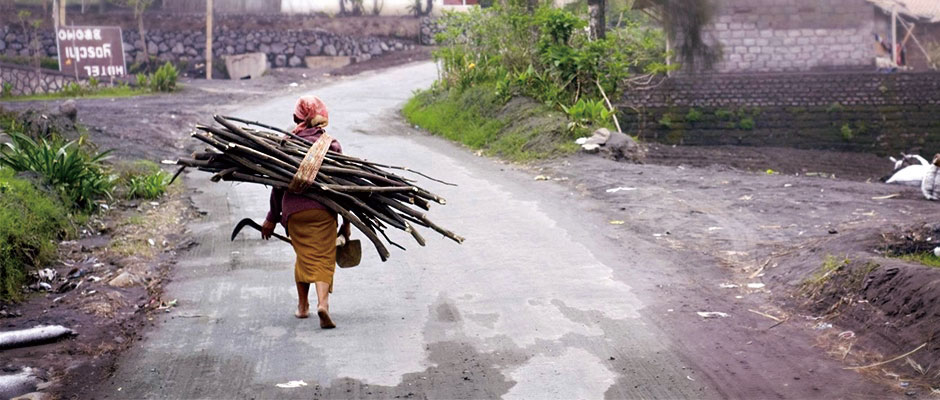 |
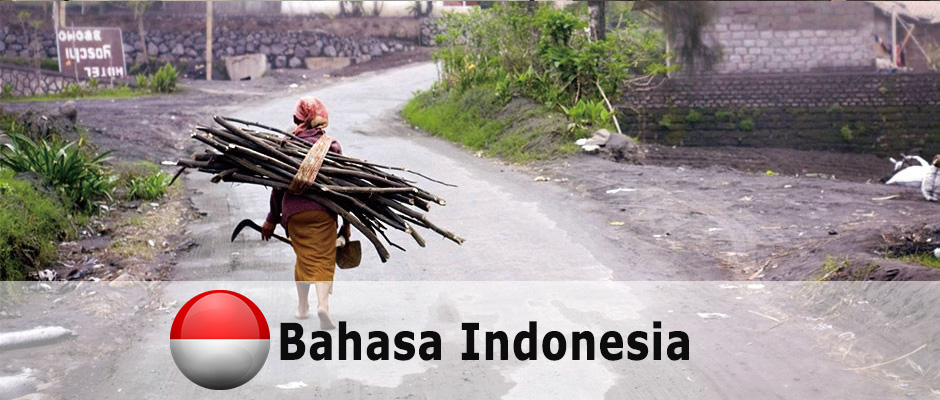 |
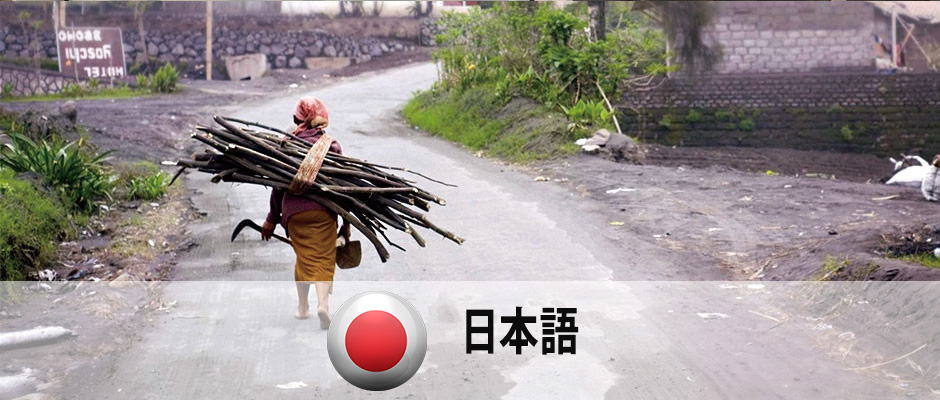 |
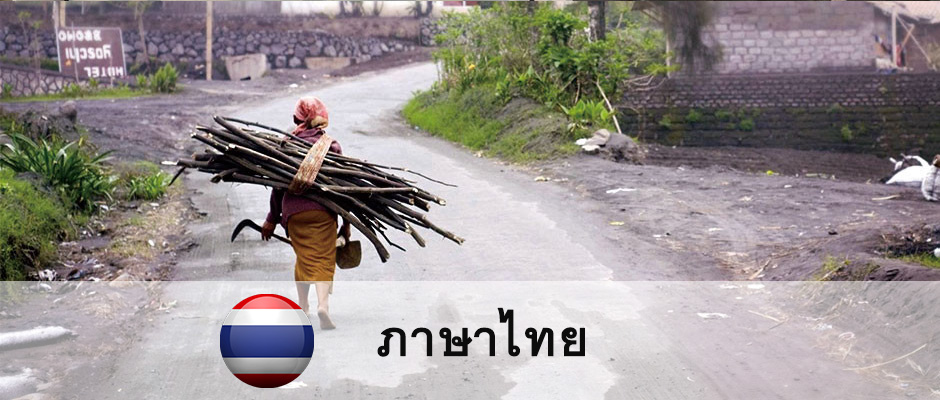 |
Agglomeration of Inequality and Pressures for Democratization in Vietnam
Eva Hansson
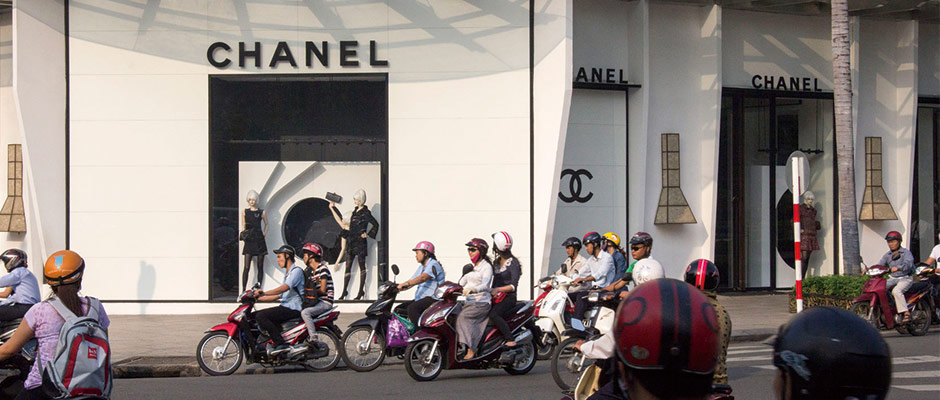 |
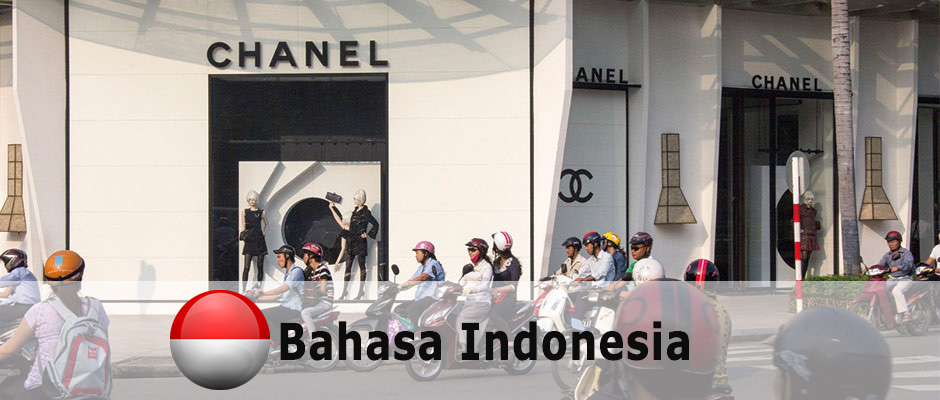 |
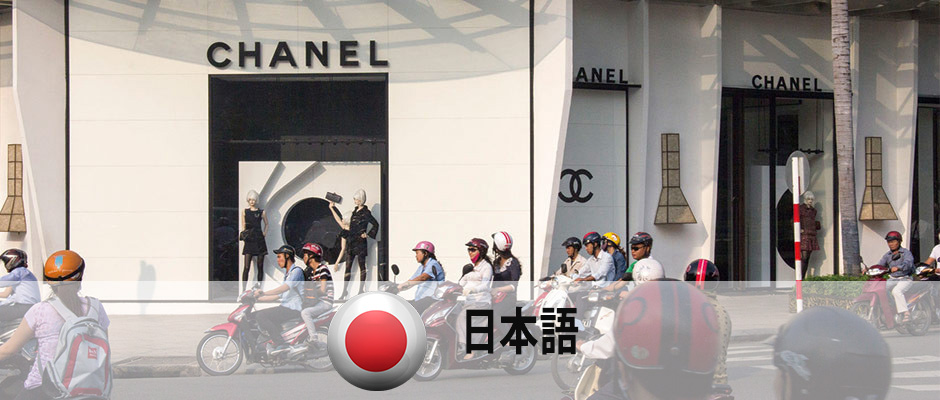 |
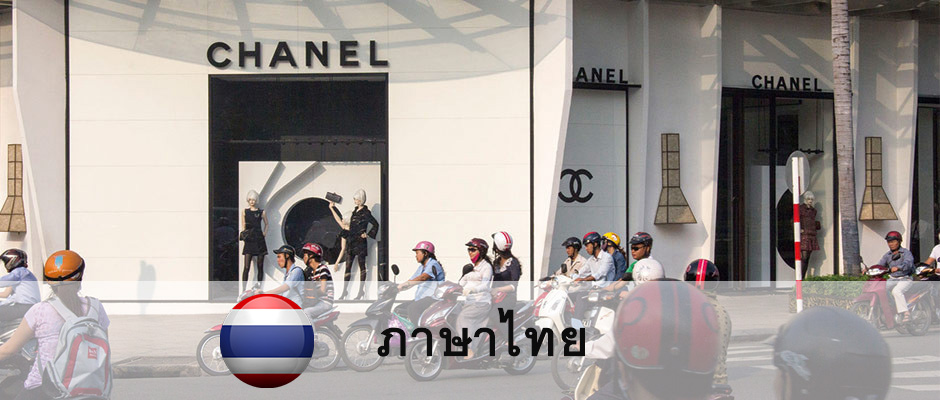 |
Mobilizing around Inequality in Malaysia and Singapore
Meredith L. Weiss
 |
 |
 |
 |
Inequality and Politics in Thailand
Kevin Hewison
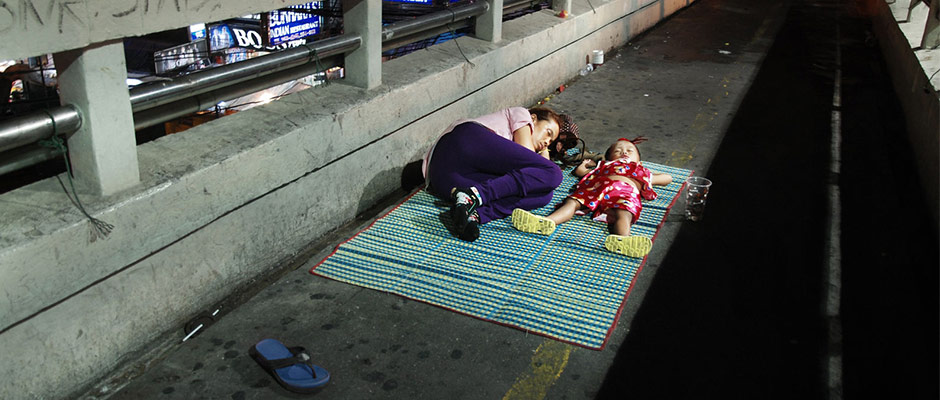 |
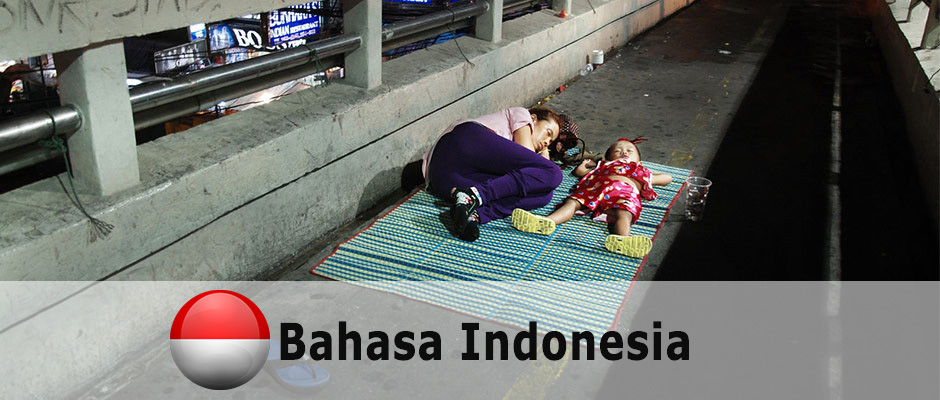 |
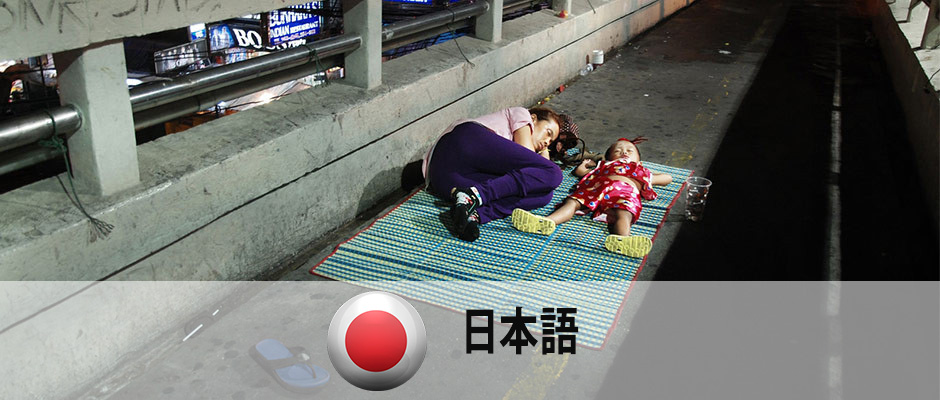 |
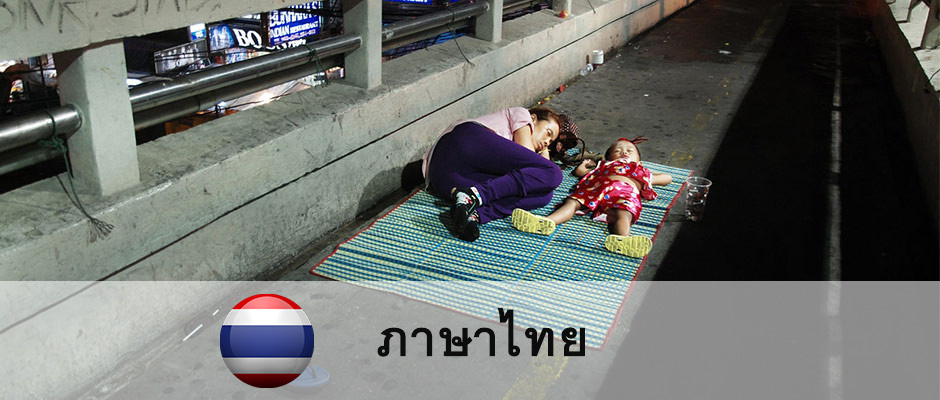 |
The Umbrella Movement in Hong Kong: From Economic Concerns to the Rejection of Materialism
Stephan Ortmann
 |
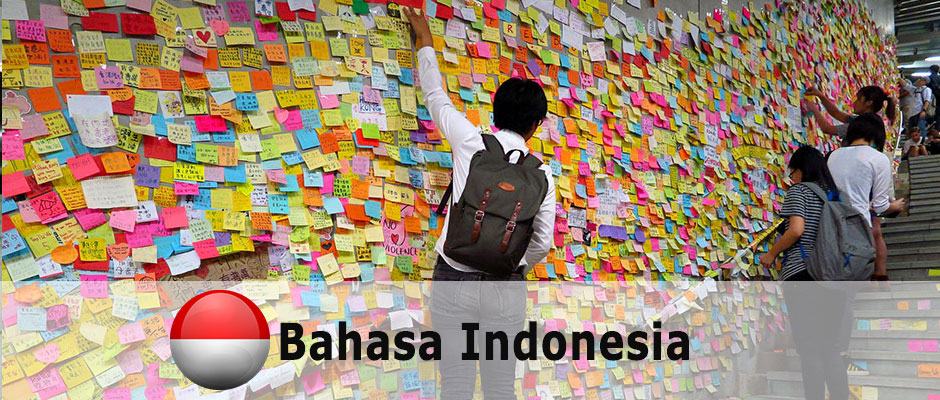 |
 |
 |
REVIEW ARTICLES (March 2015)
 A new religious cult for Thai middle-class? A new religious cult for Thai middle-class?Kamin Kamani (คามิน คมนีย์). เย็นวันเสาร์-เช้าวันอาทิตย์ (The Sunday Morning Club), Bangkok: Amarin Publishing, 2004 (1st edition); Banbook Publishing, 2014 (2nd edition), and Kamin Kamani (คามิน คมนีย์). หัว*ใจ*เท้า (Head, Heart and Feet) Bangkok: Banbook Publishing, 2014 Reviewed by Kannapa Pongponrat |
 Jeon Je-Seong (ed.), 맨발의 학자들: 동남아 전문가 6인의 도전과 열정의 현지조사 Jeon Je-Seong (ed.), 맨발의 학자들: 동남아 전문가 6인의 도전과 열정의 현지조사(Barefoot Scholars: challenges and passions in the fieldwork of six Southeast Asian specialists) Seoul: Nulmin books, 2014 Reviewed by Park Kwang-Woo |
 Nguyen Van Kim, Vân Đồn – Thương cảng quốc tế của Việt Nam Nguyen Van Kim, Vân Đồn – Thương cảng quốc tế của Việt Nam (Van Don: The International Commercial Port of Vietnam) Hanoi: Vietnam National University Press, 2014. 450 pages + index, reference Reviewed by Nguyen Manh Dung |
|
|
 Movie Review: Movie Review:English Only, Please (2014) Directed by Dan Villegas. Script by Antoinette Jadaone and Dan Villegas Reviewed by Janus Isaac V. Nolasco |
FOR THE LATEST YOUNG ACADEMIC’S VOICE ARTICLES—

